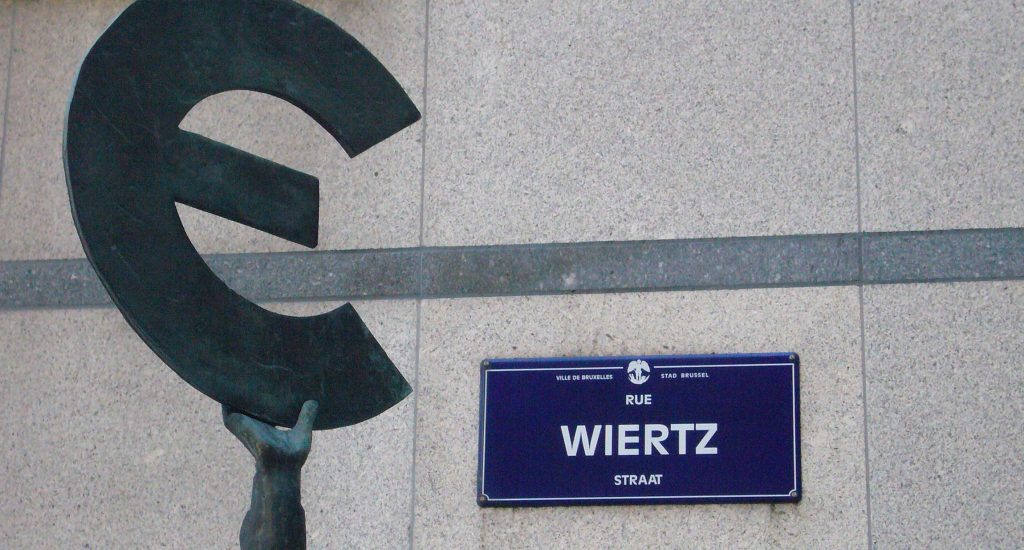Negotiations to agree on how part of the EU budget for 2014-20 will be spent are set to conclude this month. Friends of the Earth Europe, alongside BirdLife Europe, CEE Bankwatch Network and WWF is warning against using part of the EU budget for oil, coal and gas subsidies – undermining Europe’s efforts to bolster environmental protection and deliver more sustainable economic gains.
The EU budget includes spending through the European Regional Development Fund – expected to amount to around EUR 200 billion in the next seven year budgetary period. Negotiations on this fund are taking place between the European Council, Parliament and Commission. The organisations warn that a last minute amendment in these discussions from Polish MEP Jan Olbrycht would permit EU subsidies for fossil fuels, which are devastating for the climate, and must be rejected by negotiators.
Markus Trilling, EU funds coordinator for Bankwatch and Friends of the Earth Europe, said: “The European Parliament closed the door on subsidies for fossil fuels last summer, but certain fossil fuel advocates are refusing to lie down. They’re drawing attention, and potentially hundreds of millions of euro, away from the energy savings and renewables Europe needs to cut greenhouse gas emissions, create millions of new green jobs and reduce fuel poverty.”
Ariel Brunner, Head of EU Policy in BirdLife Europe, continues: “It is unbelievable that at a time when public spending is under unprecedented scrutiny, some politicians are trying to pump taxpayers’ money into keeping the EU hooked on outdated and environmentally damaging sources of energy.”
Sébastien Godinot, EU budget coordinator in WWF European Policy Office, added: “The future EU budget must be fully weighted behind cutting EU carbon emissions and support for ‘smart energy’. This should first and foremost mean developing and expanding electricity infrastructure to increase the uptake of renewable energy across member state grids. Gas is a mature energy source which does not need taxpayer support. Oil and coal, the fuels of the past, have no place in a clean energy future for Europe and must not receive a further lifeline from the EU budget.”
Markus Trilling concludes: “Abolishing subsidies for fossil fuels has now become a totemic issue in and outside of Europe. Fossil fuel subsidies cannot continue if the climate crisis is to be contained, and Europe’s clean energy sector is to be competitive.”






